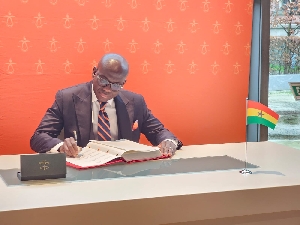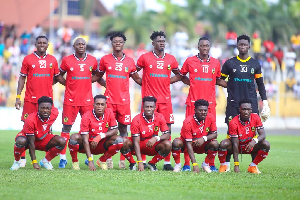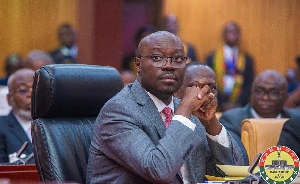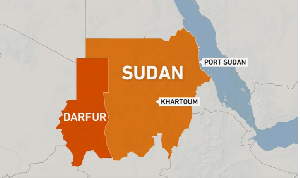Ghana's Attorney-General and Minister for Justice, Godfred Yeboah Dame, has on behalf of the government of Ghana, on Wednesday, February 14, 2024, executed the Ljubljana-The Hague Convention on the Investigation and Prosecution of Genocide, Crimes against Humanity, War Crimes and Other International Crimes (The Ljubljana-The Hague Convention) at the Peace Palace in The Hague, the Netherlands.
The Ljubljana-The Hague Convention is the first global treaty to fight impunity since the Rome Statutes of 1998 which established the International Criminal Court.
It marks the commitment of the world to root out genocide, crimes against humanity and international crimes generally.
Present at the signing ceremony were the President of the International Criminal Court (ICC), Piotr Hofmanski, the Chief Prosecutor of the ICC, Mr Karim A. Khan, the Minister of Justice and Security of the Netherlands Dilan Yesilgoz, the Minister of State in the Netherlands responsible for Immigration, Eric van der Burg, the Mayor of The Hague, Jan van Zanen, and some foreign ministers which executed the treaty.
The Ljubljana-The Hague Convention creates an international legal framework for cooperation among states in the investigation and prosecution of crimes.
It is deemed to be an important milestone in international criminal law and seeks to enlist international support in the prosecution and investigation of the most serious international crimes.
The Convention deals with other matters including the transfer of prisoners, the use and protection of data, mutual legal assistance, the extradition of nationals and cross-border investigations.
Wednesday's signing ceremony was the culmination of work on the treaty for over 12 years by a core group constituted for the exercise. The international community recognised a gap in international law in so far as the efforts to end impunity were concerned and thus constituted the "Core Group" to fashion out an international legal mechanism to bridge the gap.
The Core Group of countries which worked on the Ljubljana-The Hague Treaty included the Netherlands, Argentina, Slovenia, Mongolia, Senegal and Belgium.
Speakers at the signing ceremony, drawn from the Core Group which worked on the Treaty, hailed the Convention as a major contribution to the international fight against impunity, war crimes and crimes of international character generally.
They indicated that the Convention is particularly important in view of the growing tendency now for states to prosecute international crimes domestically.
There is thus the need for enhanced cooperation in order to give meaning to the original Rome Statutes of 1998.
Ratifications by only 3 States are necessary to bring the Convention into force.
34 States Parties executed the Ljubljana-The Hague Convention on Wednesday, 14th February.
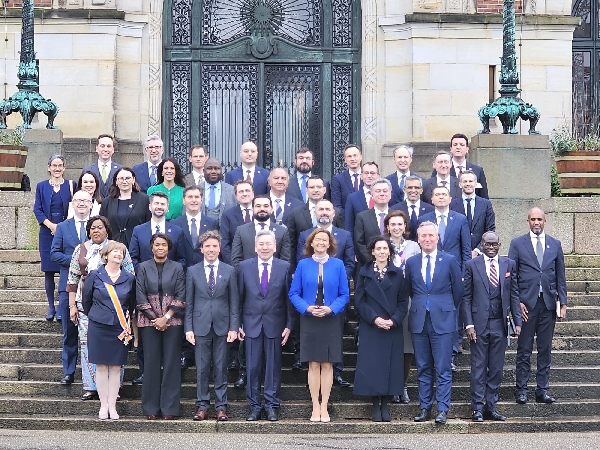
Click to view details



General News of Thursday, 15 February 2024
Source: www.ghanaweb.com





